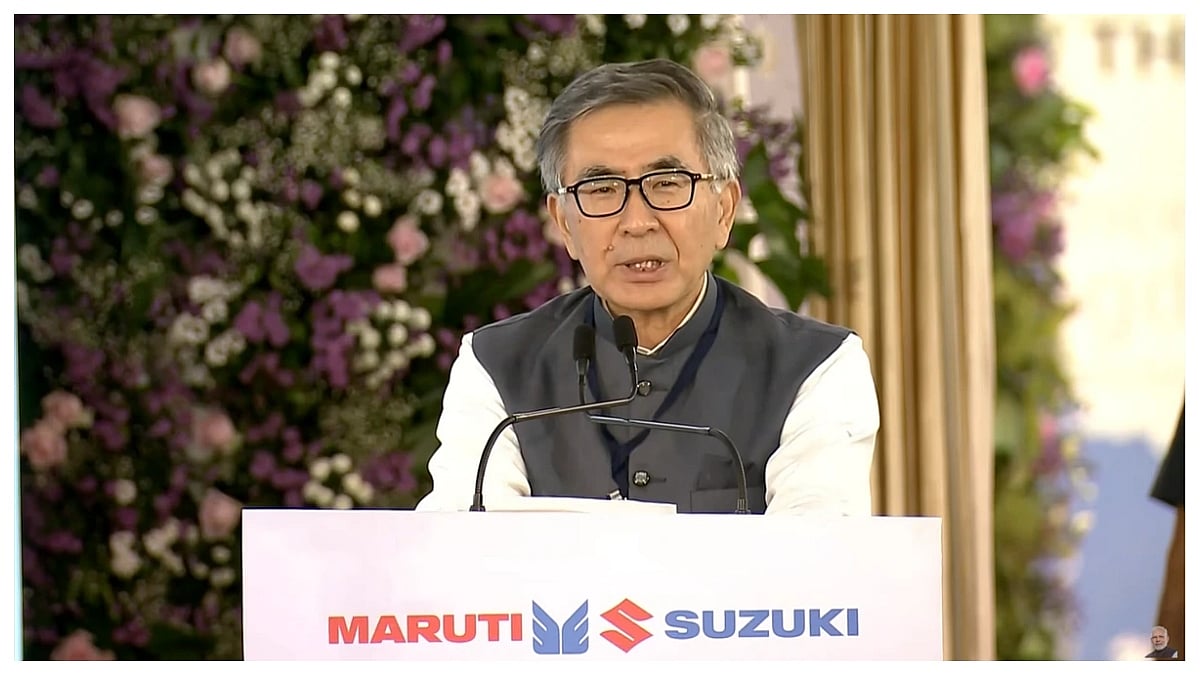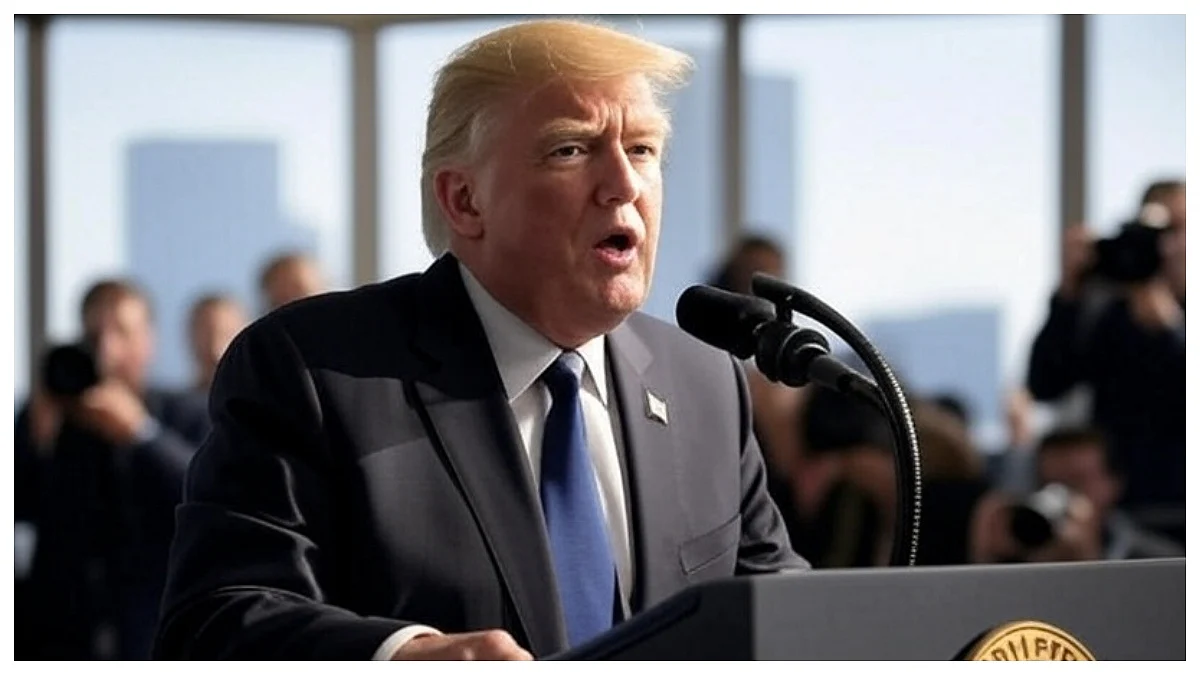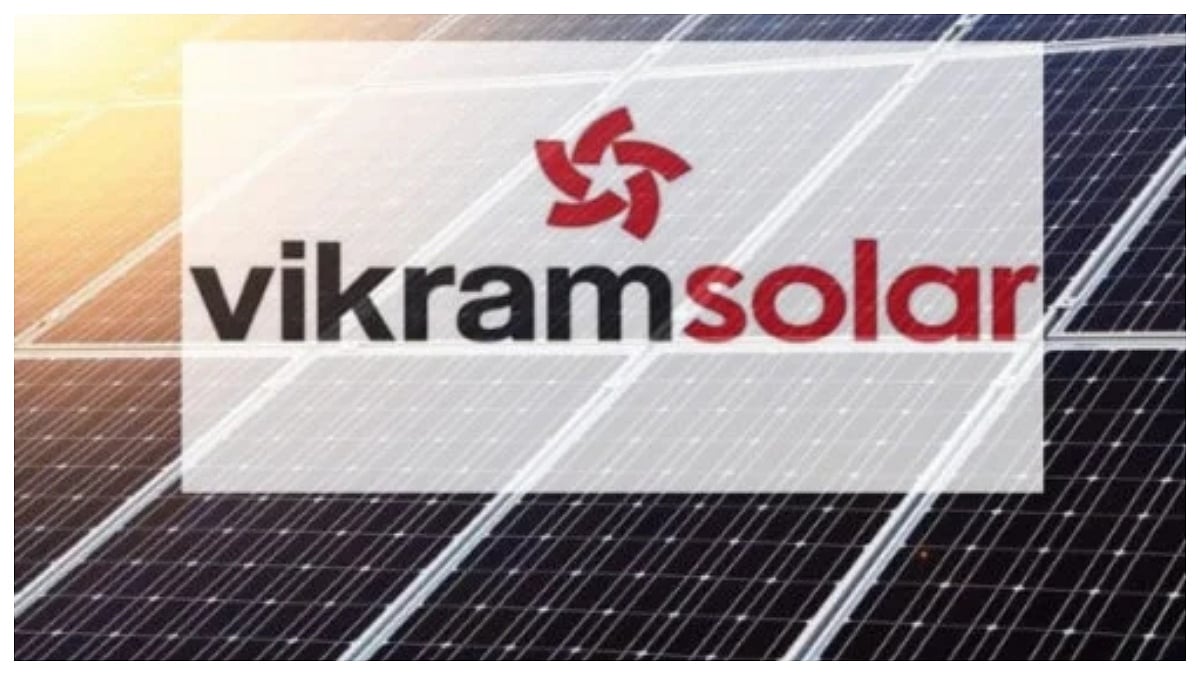Consumption patterns in India haven’t been largely impacted by the global pandemic. The fourth-quarter results have shown strengthening recovery and an increase in demand especially in the packaged food and hygiene product segment.
However, the second Covid wave, which intensified in April, is putting a question mark on the sustenance of recovery.
In an analyst call on Tuesday, Jon R. Moeller -- Vice Chairman and Chief Operating Officer, Proctor and Gamble pointing out the health situation in markets like India, Brazil, Turkey, said it is worse than it's ever been. “These markets do not have the healthcare infrastructure, nor the financial means to provide subsidies to their citizenry. And as a result, when this happens, employment is affected, consumption is affected, GDP is down significantly in some of these markets,” he said.
But Moeller was of the view there is no better time to help and to serve consumers than in a time of real need. "We need to do that in a profitable way, and frankly, we have never been more profitable in enterprise markets than we are as we sit here conversing today. So the operational discipline that's required is significant," he said.
FMCG firms report rise in earnings
On Tuesday, FMCG major Nestle reported 14.6 percent year-on-year growth in its net profit at Rs 602 crore for the quarter ending March 2021, against Rs 525 crore in the year-ago period.
On Monday, FMCG firm Bajaj Consumer Care Ltd reported over two-fold growth in consolidated net profit at Rs 54.67 crore for the fourth quarter ended March 31, 2021. Its sales revenue was higher at Rs 244.86 crore as against Rs 172 crore in the year-ago period.
“Rural category items like hair oil, for instance, had a quick recovery not seen in three years,” says Abhijit Kundu, vice president, Antique Broking.
Consumers show preference for local brands
A global consumer Tracker survey by Deloitte for the month of March revealed that in India the crisis has made nearly 67 percent consumer sentiments more strong towards local brands as compared to 64 percent in the previous wave. The spending intent has moved towards less discretionary items as opposed to in the previous waves where respondents had increased their spending towards more discretionary items, the survey found.
For essential products, the demand has been robust since last year. Also consumers hoarded stock when lockdown was announced late March last year, a trend missing this time around. However, there could be a blip in consumption for select categories in the short-term, said an equity analyst and there is no matter for concern. It will revive, he said.
Another survey revealed consumer confidence among urban Indians weakened by 1.1 percentage points in April 2021 amid a surge in COVID-19 cases in the country. As per a monthly Refinitiv-Ipsos Primary Consumer Sentiment Index (PCSI) survey, consumer sentiment was down across all 4 indices -- jobs, personal finances, economy and investments for the future, the survey said.
The online survey was conducted between March 26, 2021, and April 9, 2021. A sample size of 500 adults from Ipsos' India online panel aged 16-64 years were interviewed.
Supply side to be impacted if virus spreads
What is not known is if the pandemic will last for a longer time. With the virus spreading rapidly, manufacturing plants of several consumer companies are running short of labour who either migrated to villages or have been infected. Also, there are supply constraints due to localised lockdowns especially in markets such as Maharashtra and NCR. However, companies are better prepared. “A number of states have said they won’t stop businesses from working and will not go in for a complete lockdown. The monsoon has been good for India in the last two years and is expected to be good this year too,” he said.
Also rural market has been driving the overall growth since a year with cities seeing drop in personal care and out of home consumption.
Urban markets have shown a tendency to bounce back quicker than the rural markets. What is important, said Kundu, is that recovery in agriculture is better and the sector has been doing well in the last two years. India will bounce back.










